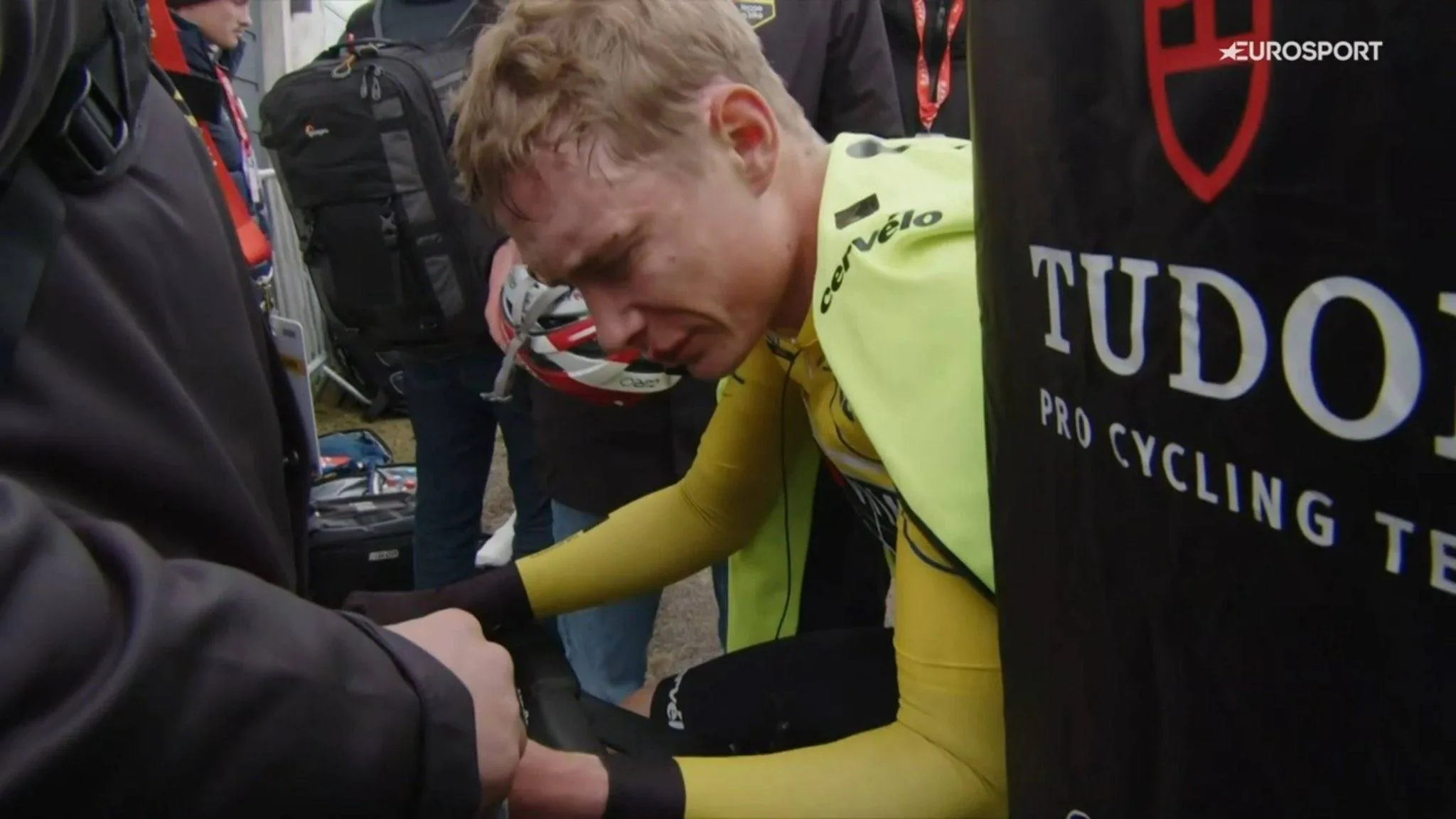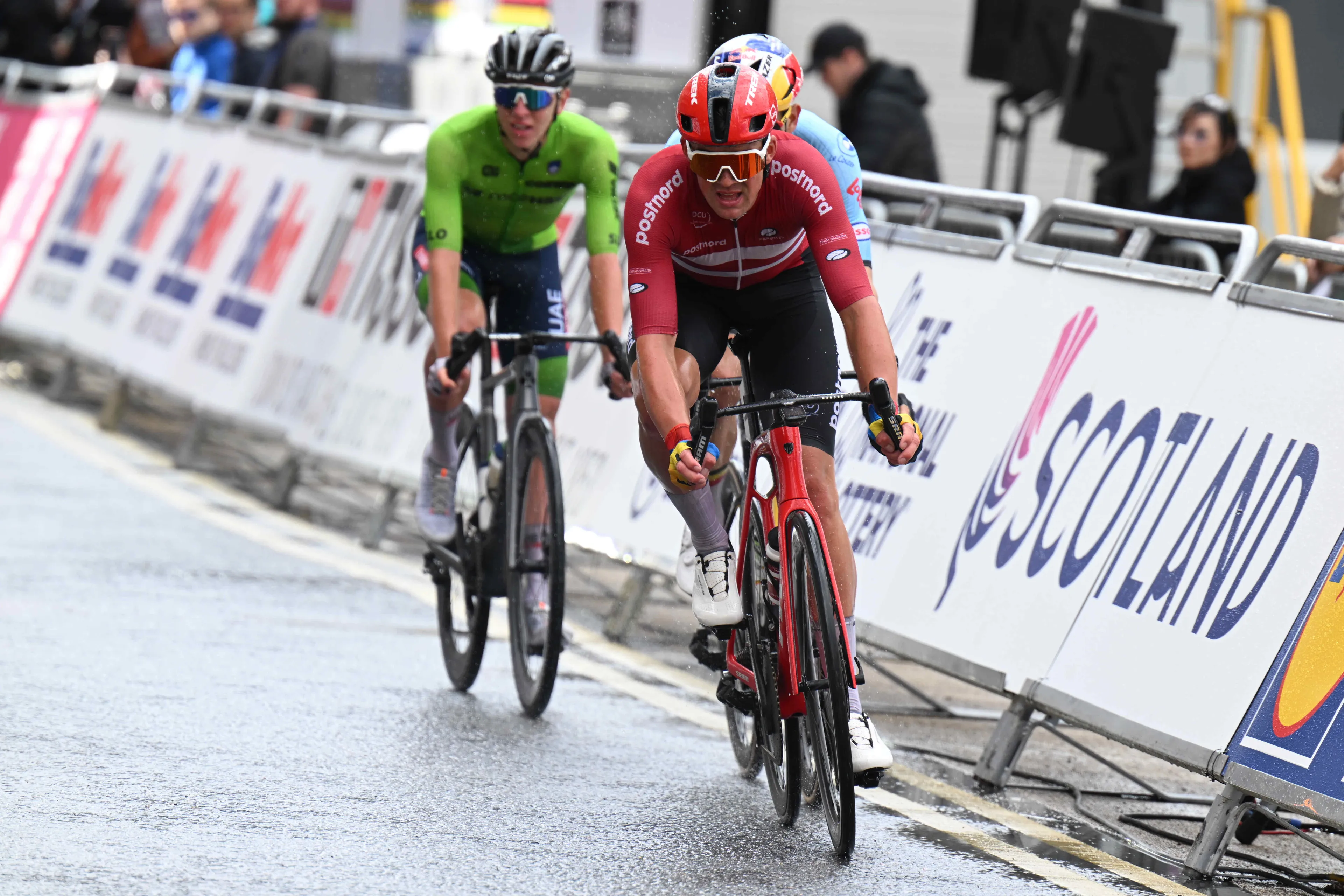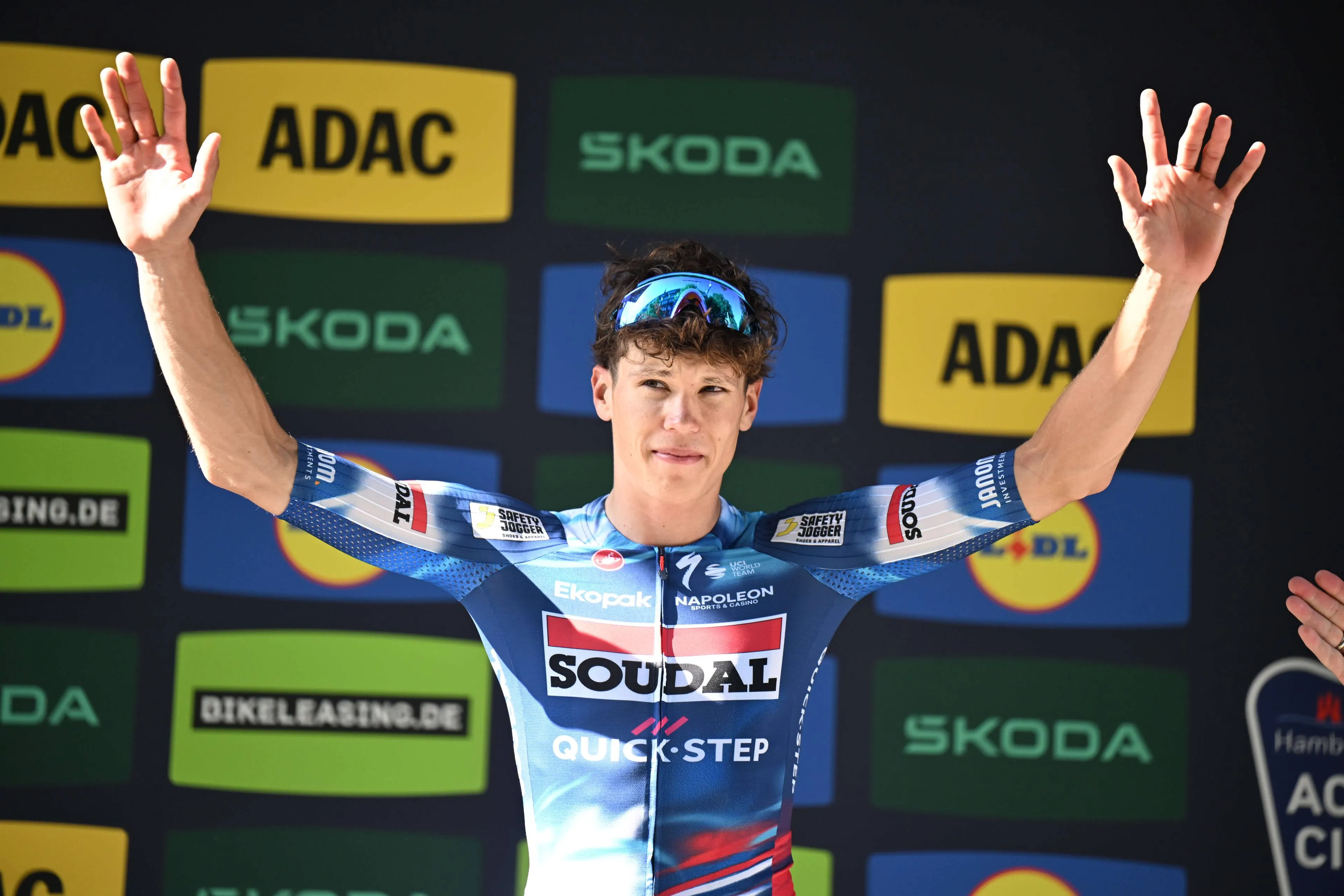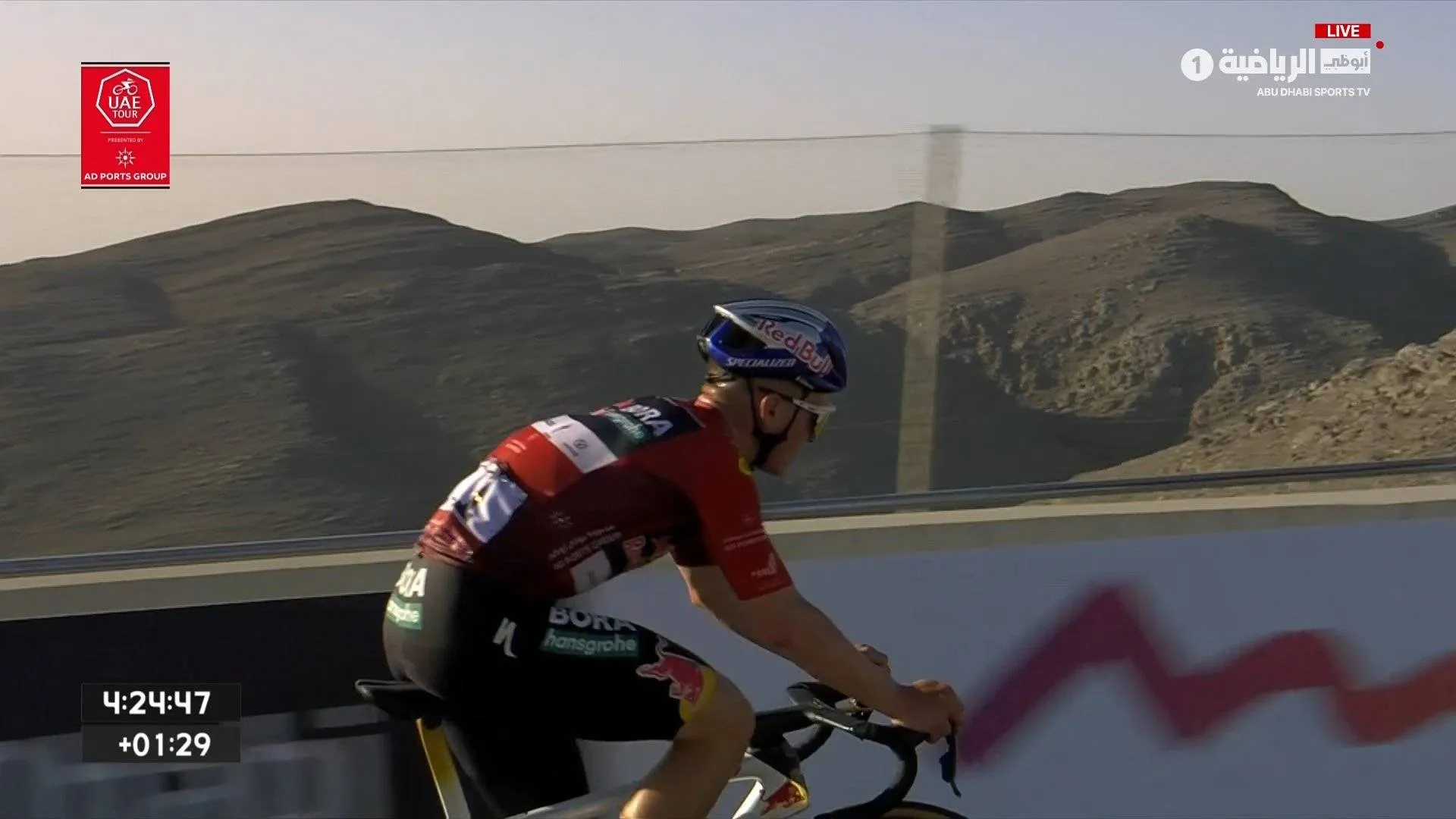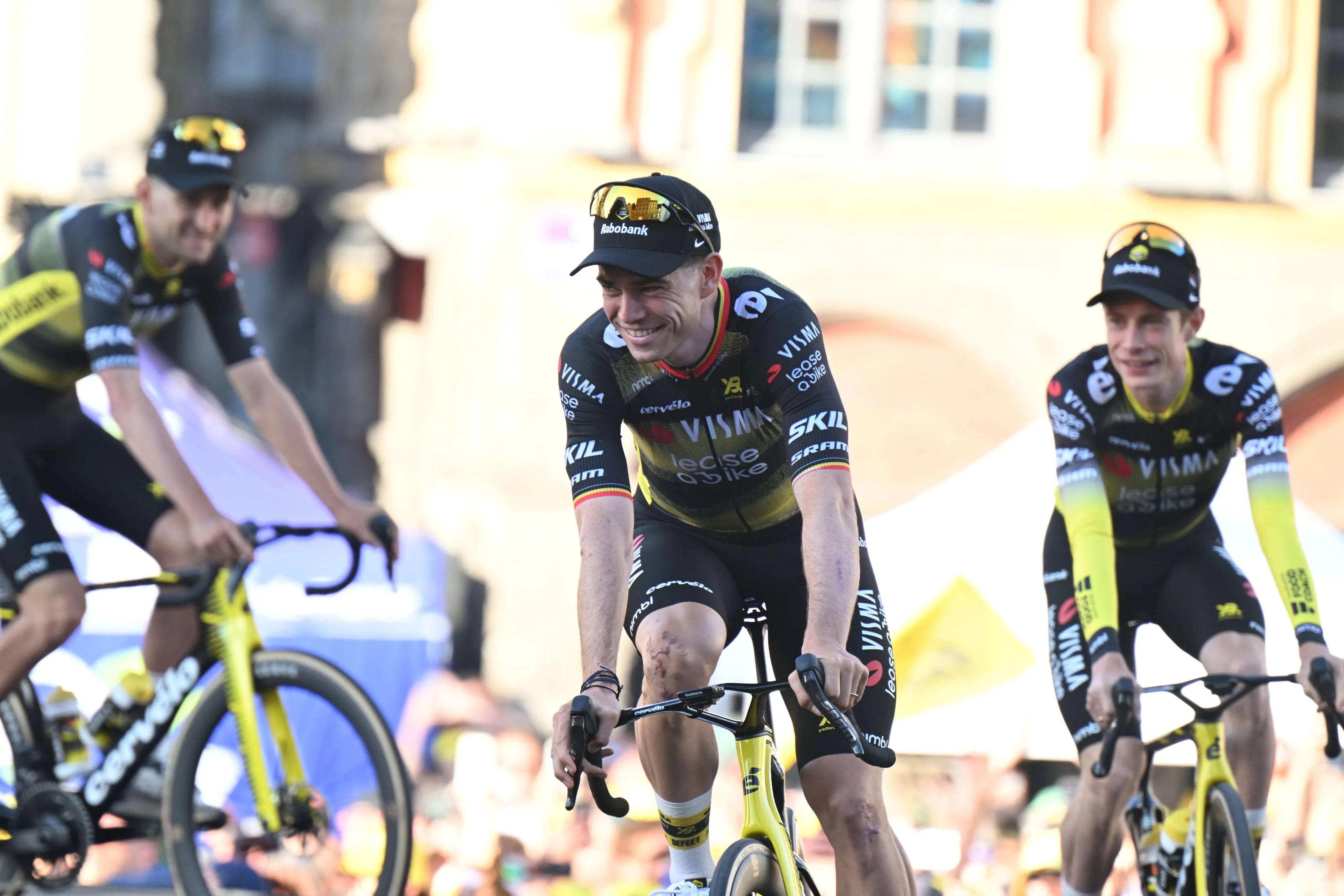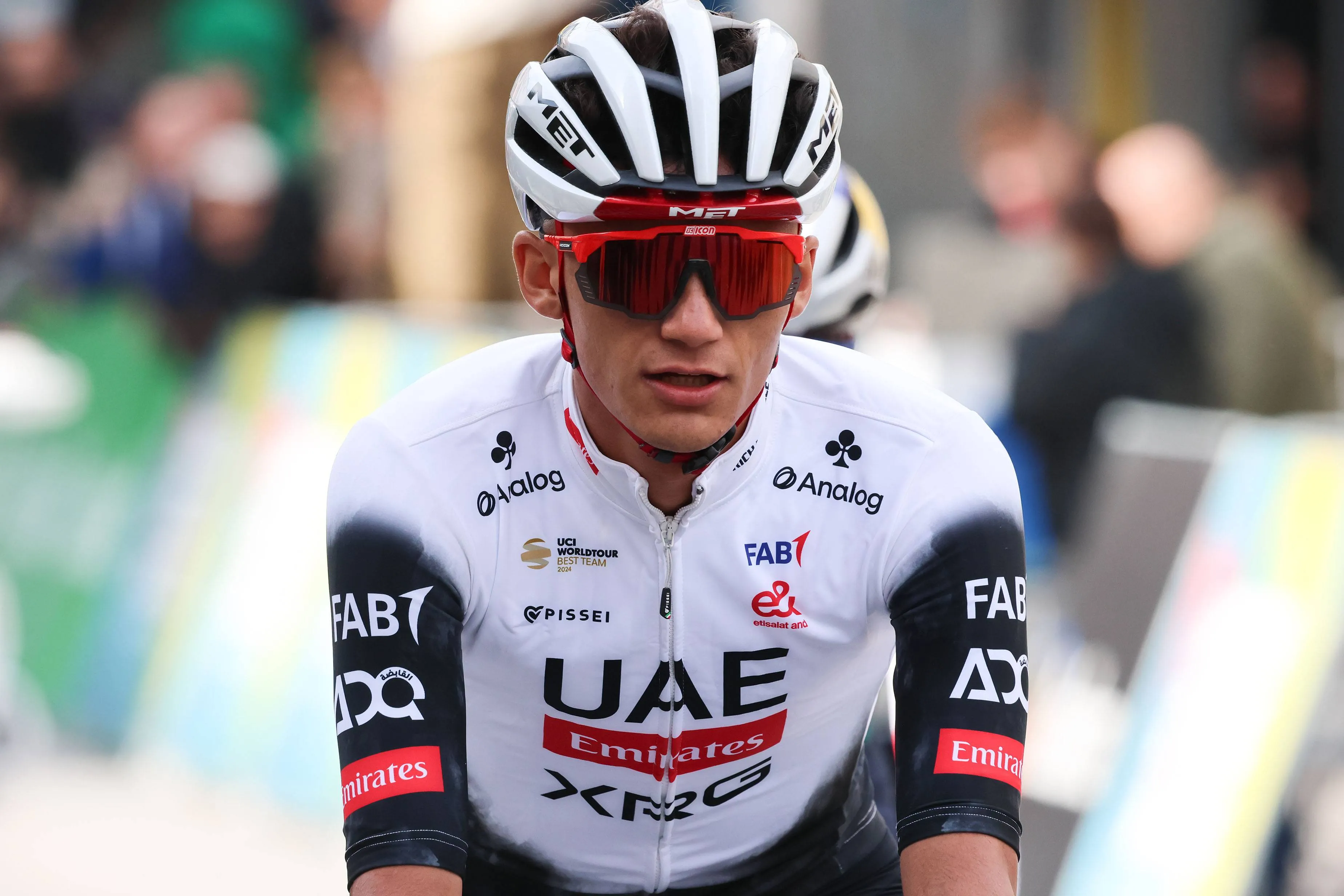Monuments king Tom Boonen reveals just how close he was to leaving Soudal - Quick-Step: "They came to me very hard to get my services"
CyclingSunday, 16 March 2025 at 07:00
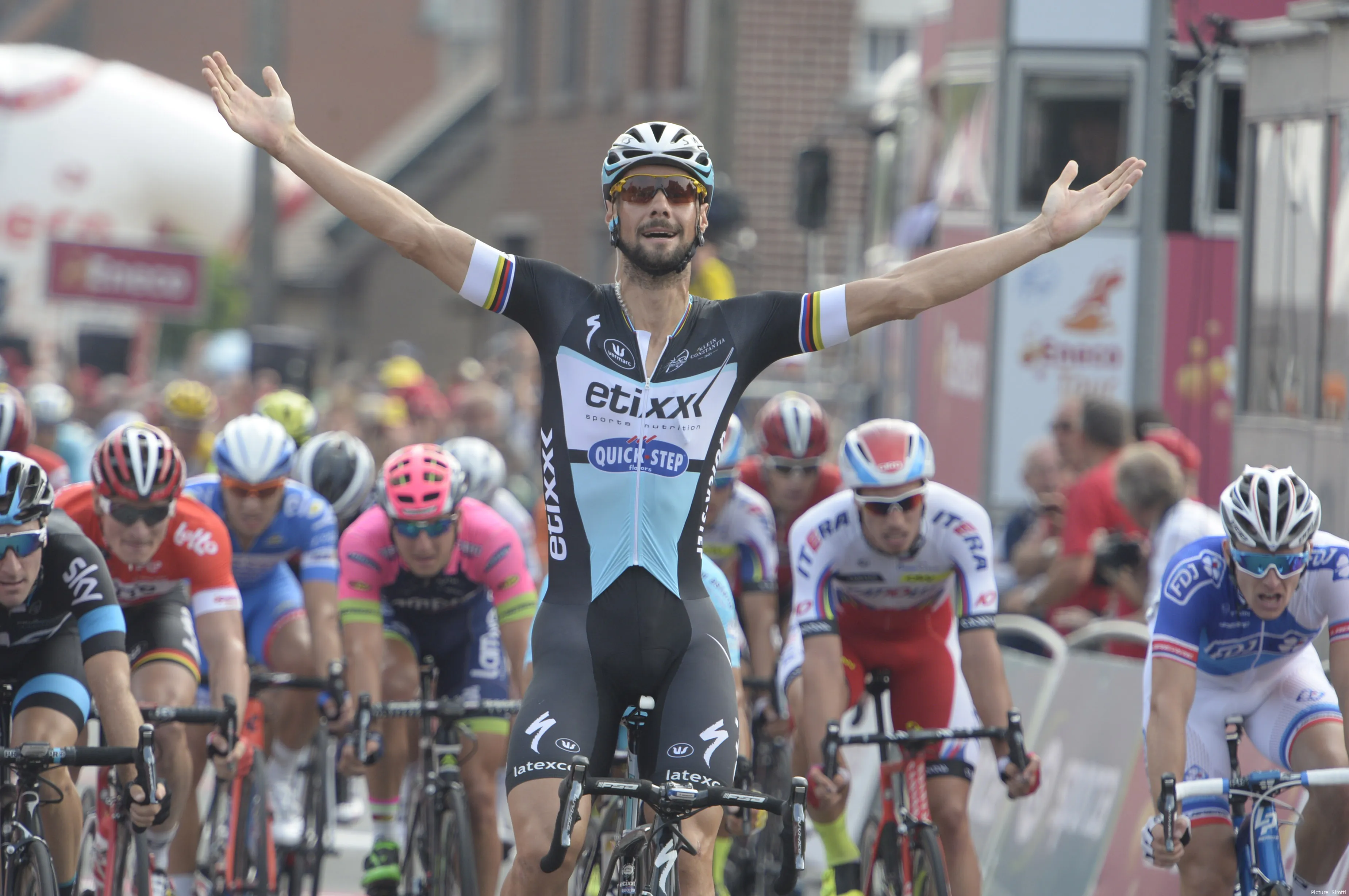
Few riders are as closely linked to a single team as Tom
Boonen is to Soudal – Quick-Step. The 44-year-old Belgian spent almost his
entire professional career under the guidance of Patrick Lefevere, building a
legacy that made him one of the greatest Classics riders of all time.
However,
Boonen has now revealed that in 2007, he came very close to leaving Quick-Step
for a move to T-Mobile, a decision that could have completely altered the
trajectory of his career.
Speaking on the Wielerclub Wattage podcast, Boonen admitted
that the German team made a serious effort to sign him. "In 2007, T-Mobile
came to me very hard to get my services," he revealed.
Read also
The offer was
particularly tempting, as it not only included a big contract but also allowed
him to bring six to eight riders with him. Despite the opportunity, Boonen
ultimately chose to stay at Quick-Step, convinced that the team culture at
T-Mobile would not suit him. "I think I would have been very badly
grounded, with the German mentality," he admitted.
Boonen’s decision proved to be the right one, as he went on
to further cement his legendary status in cycling over the following years. His
career, which spanned from 2003 to 2017, was defined by dominance in the
cobbled Classics, sprinting brilliance, and a monumental list of achievements.
Read also
A rider with both raw speed and immense endurance, Boonen
was a force in Grand Tours as well as one-day races. He won the Tour de France
green jersey in 2007, taking six stage victories in total at the race. He also
won two stages in the Vuelta a España, showing his versatility across different
race formats. However, his true legacy lies in his Classics record, where he
was virtually unmatched during his peak years.
The 2005 World Champion, Boonen became a true icon in Belgium’s
biggest one-day races. He won the Tour of Flanders three times and achieved a
record-equalling four victories in Paris-Roubaix, putting him alongside the
greatest names in the history of the sport. His dominance in the cobbled
Monuments made him a hero to Belgian fans, and his aggressive racing style
earned him a reputation as one of the most exciting riders of his generation.
Read also
Had Boonen made the move to T-Mobile, cycling history could
have been very different. Quick-Step was built around Classics success, whereas
T-Mobile was more focused on Grand Tour racing.
The tactical differences
between the two teams could have drastically changed Boonen’s opportunities and
possibly even his results. Instead, by staying at Quick-Step, he remained in a structure
perfectly suited to his strengths, allowing him to thrive in the races that
defined his career.
Now looking back on his decision, it’s clear that Boonen
made the right call. His career with Quick-Step became one of the most
successful partnerships in modern cycling history, and his place in Belgian
cycling folklore is firmly secured.
Read also
claps 1visitors 1
Just in
Popular news
Latest comments
- Fantastic climb by Tiberi. Let’s see more of this from him.Pedalmasher19-02-2026
- Loved watching this finale. Brutal climb, looked like a brand new Middle Eastern Alpe d'Huez with those switchbacks on the mountain edge. So much grit on Del Toro's face. I really thought he might catch Tiberi with about 1500m to go. Great stage.antipodeanpedalfan19-02-2026
- You’re expecting cycling to stay immune from this type of conjecture when the worlds’ most watched and listened to figure spouts out similar unsubstantiated crap daily? Most people just follow bad example because it’s a lot easier than figuring out a good one. Anyway, it could be anything, perhaps he just knew Andrew too well, or Sir Jim didn’t want him helping any more of those pesky foreigners and paid him off ;-) He doesn’t seem the Epstein type but if that was it, kudos to him for being practically the only one to resign BEFORE being found out. I find it very concerning that no-one has much to say about any of these people who keep at it until they just can no longer claim their innocence. Who did they learn from, Lance?Mistermaumau19-02-2026
- If you are going to make comments like that, back it up with proof. Otherwise keep them to yourself.Searider18-02-2026
- In the same place as the outcry over boys vs girls losing weight, which, is in about the same place as boys vs girls getting hit, or abused.Mistermaumau18-02-2026
- Haha.awp18-02-2026
- That's a little extreme, you take wins where you can get them.awp18-02-2026
- Ironic no, a British boss of British companies has no problem outsourcing a large proportion of jobs to foreigners and then complains a proportion of that proportion actually lives in the country. And do you expect if you leave that no-one will take your spot?Mistermaumau18-02-2026
- Slowly slowly the youngsters are making more and more of an impact.Mistermaumau18-02-2026
- I agree for certain situations, especially camps and popular training destinations but teams can’t manage or afford to chaperone all their riders all the time. Off season they still have to train and want to be home as much as they can (this is also where they are easiest to « catch »). On the other hand, if riders like Tadej accept « invitations » to ride on certain roads just for promotional purposes like in Gran Canaria they are also responsible for any trouble it attracts, you can’t expect people to stay away once you deliberately notify where you’re going to be and when. SeemsMistermaumau18-02-2026
Loading
Write a comment

